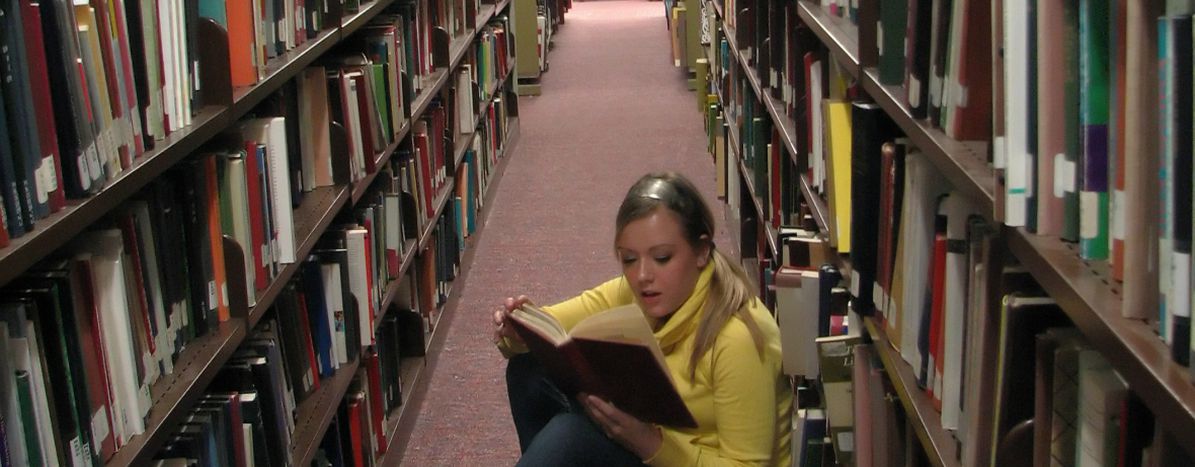
Have we really had enough of experts and intellectuals?
Published on
Michael Gove, former UK Secretary of State for Justice, famously asserted that "people in this country have had enough of experts" in the run-up to the Brexit referendum. This strain of anti-intellectualism, which can be easily detected in Gove’s discharge of pundits, turned the spotlight on politicians and intellectuals alike.
"In the UK in order to win the referendum vote, there were elements of the government who tried to downplay the importance of experts. Now that we are in a post-fact world we need experts more than ever; we need people that know facts more than ever," Nikesh Shukla, one of the Leading Global Thinkers in 2016 according to Foreign Policy, said during the British Council Literature Seminar last month; one of the main events looking to engage with UK writers in continental Europe.
At a first glance, Gove and Shukla seem to have diametrically different views on the role of experts and intellectuals. But why is that? And who is "right"?
Open the dictionary!
The term intellectual comes from the Latin word intellectus, which means understanding. Just looking at the etymological root, this article could stop here: people aren’t sick of countries with precise words and a clear understanding of the situation. They are sick and tired of quite the opposite.
According to the Chapman University 2016 Survey of American Fears, American citizens are mainly scared by corrupt government officials (60.6%), terroristic attack (41%) and not having enough money for the future (39.9%). Intellectuals were not on the list. Conversely, intellectuals can rather come in handy in order to understand who the corrupt government officials are, what’s a terroristic attack and how to avoid additional economic disparities and inequalities.
Why are intellectuals necessary?
Artists and intellectuals are shedding light not only on current societal identity crises, but also on seemingly less important problems that will develop into full-blown societal identity crises in the future. Nikesh Shukla is one of them. He edited the essay collection The Good Immigrant, in which 21 writers of colour discussed immigration in the UK. The book was published in September 2016, anticipating the current focus on migration in the Anglo-Saxon world.
Malika Booker, writer and Douglas Caster Cultural Fellow at the University of Leeds, commented on the sidelines of the seminar: "This artistic problem that he saw, and that he tried to solve, produced a book that seems ahead of its time… The book came out and it is now giving voice to what it means to be an immigrant in Europe at this moment, with Brexit. It wasn’t reactive… I believe artists are ahead of their time, because there is something you can feel, that you can sense."
What do intellectuals feel? What are they saying?
In the space of a week, the Guardian wrote two articles with provocative and unambiguous titles: "It’s not all bad news – we’ve got Venus, Serena, Roger and Rafael", and "Beyoncé's pregnancy: our distraction from the dumpster fire that is reality."
If the British newspaper’s perspective seems a bit doom and gloom, the situation doesn’t seem any better across the pond. Heather Richardson, Professor of History at Boston College, wrote on Sunday: "What Trump's Chief Strategist Steve Bannon is doing, most dramatically with the ban on immigration from seven predominantly Muslim countries, is creating what is known as a 'shock event'. Such an event is unexpected and confusing, and throws a society into chaos."
What could intellectuals do?
This is probably the most complicated question. The future role of intellectuals will much depend on their way of coping with current events. Booker and Shukla, for example, have quite different intentions: the former intends to resort to her "bubble strategy", while the latter sees good reasons for intellectuals to speak up.
"Maybe it's not the time to host another panel, and write another essay. We are beyond debating what’s going on in the world… People have been beaten up… I feel like it’s time to organise some form of resistance," Shukla said, adding that a "multitude of voices is needed."
On the other hand, Booker says the best reponse is for people to calm down, take their time, and come up with some more creative contributions: "If you respond into it now, and you don’t have that space to germinate, you will just be polemic. I decided to hibernate and put myself in a bubble. No news for six months to concentrate on my writing, so that the creative outcome is not a response to. As an artist I need space in order to create."
What choice do we have?
If Michael Gove’s statement was just a political move, the proper question now is whether the aforementioned combination of "speak-up" and "bubble" strategies will be able to make a difference, or whether the promoters of shock events will be effective in turning the intellectuals’ sensitivity into dryness. In other words, shocking statements be enough to silence these voices that are trying to build bridges between communities?



